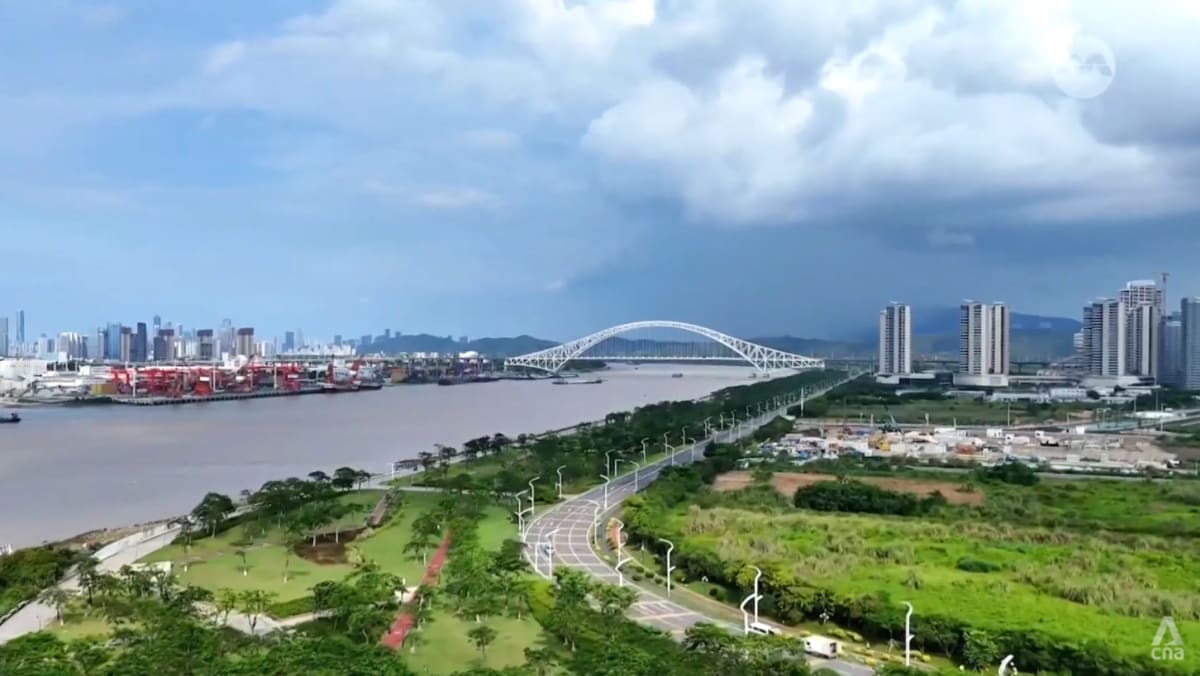There are currently 10 such projects offered by various developers, providing nearly 3,000 beds at the end of last year.
The Hong Kong government has loosened up a zoning policy this month, speeding up hotel conversions to student hostels.
Centaline Investment bought over a mid-tier hotel last September for conversion into a hostel that will eventually offer 121 beds for students, complete with a communal kitchen, laundry and study areas.
The company’s CEO Kavis Ip said that running student housing is different from operating a hotel, noting that students stay for a year instead of travellers who stay for a night or two.
“As a hotel, we (have) some back of the house spaces … (for) mattress, linen, cleaning things. But for student housing, we don’t need that,” she said, adding that it means there is no need to comply with hotel licensing requirements.
Looking ahead, Centaline is planning to offer about 3,000 beds in the next two to three years. It is also setting up a platform to help asset owners with conversions and operate their properties as student housing.
“(We) help them to do feasibility studies … from the zoning perspective, the layout and also (their) location … for student housing? Then we will work out the business (and) renovation plan,” Ip said.
CHEAPER HOMES IN THE GREATER BAY AREA
Economic and social integration within the GBA has accelerated rapidly in recent years, thanks to new multiple entry visas for Hong Kong residents.
Hong Kong’s cost of living, higher than most mainland Chinese cities, has also led to many residents going across the border for more affordable dining, shopping and housing options.
One such city that has seen Hong Kong residents buying up homes is Yunfu, the poorest city in Guangdong province.
The city has the lowest GDP growth in the whole province, but its cost of living is also lower than major cities like Guangzhou and Shenzhen.
Yunfu is benefiting from government efforts to revive China’s property market that has seen a multi-year downturn since 2020.
When property sales plummeted, it set off a chain reaction, leaving developers to default on debts and construction projects unfinished.
As part of efforts to revive property demand in Yunfu, the Chinese government eased purchase restrictions last year for non-local buyers, opening doors to buyers from across the border with Hong Kong and Macau.
Residents from Hong Kong and Macau have bought apartments in the city, citing widespread use of Cantonese and the lower cost of living.
“This is around 55 sq m. The price is less than 5,000 Chinese yuan per square meters. We can save like at least five times than that of Hong Kong for a similar sized apartment,” said Hong Kong resident Edmond Chan, 49.
Mainland property agent Liu Kai Xin helped Chan to close the deal for his flat in Yunfu.
His company is among a growing number of firms tapping into the GBA market.
80 per cent of its clients are from Hong Kong and Macau, looking for affordable retirement homes, instead of buying for investment.
Chan added that the average price of private housing in Hong Kong is “maybe 20 to 30 times higher” than the median annual income.
“It’s not easy (for most people) to get a private property,” he said.

